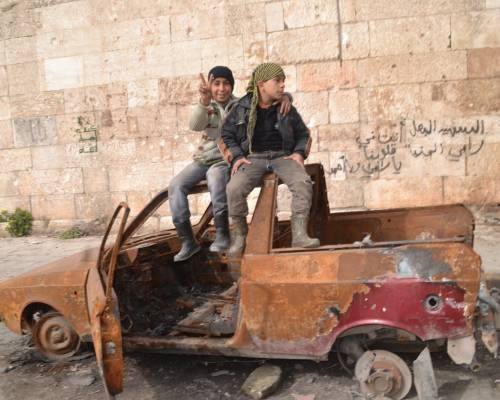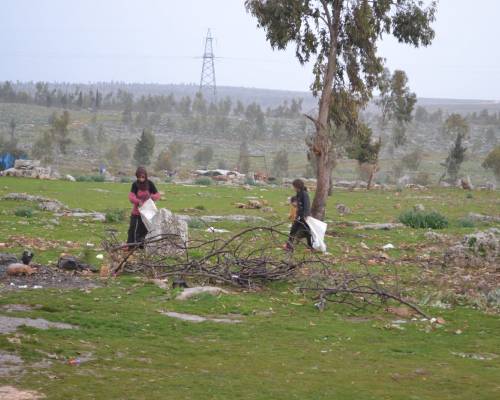Are you a journalist or aid worker heading to Syria ?
As the conflict in Syria grinds on, RPS has been advising journalists and aid workers operating in Syria. An RPS consultant has just returned from Syria and would be happy to discuss with you how to plan your trip so you can get there and return safely.
General
The security situation in Syria is fluid and changes on a daily basis as battles are lost and won. It is a dangerous place to work for journalists or aid workers and should be classed as a war zone.
There is little help coming to you, so ensure that your security plan is well thought out, robust and that you are ready to deal with any emergency. Shelling and attacks from the air are a daily occurrence and bombings and shootings are common in some areas. The risk of kidnap is high in some regions and is likely to increase as time goes on. The most likely threat to your safety is that you are simply in the wrong place at the wrong time.
When considering whether you are going to travel to Syria, it is advisable to have already worked in a hostile environment and to have attended a hostile environment training course. You should be familiar with wearing body armour and helmets and it is advisable to take both pieces of equipment with you.
Contact RPS Partnership if you need advice on planning or to decide on the appropriate equipment to take to a hostile environment.
General threat assessment
The main logistics issues are lack of electricity and therefore you may find it difficult to power electrical equipment and connect to the internet. Some of your main security issues will result from your daily logistics problems.
Road traffic accidents are common in Syria, where some drivers drive fast and may appear out of control. Vehicles tend to break down as cars are poorly maintained, spare parts are difficult to get and fuel is dirty, meaning it may delay your journeys as the engines sometimes struggle to cope.
The main weaponry threats in Syria come from the sky – be aware of artillery, mortar and tank shelling as well as missiles from fast jets. These missiles could be intentionally aimed at vehicles or buildings or jettisoned munitions. Make sure you know what their capabilities are.
Preparation
Be physically and mentally prepared. Consider that Syria had extreme poverty before the revolution and now living conditions are considerably worse. Do your research. Know the background of the people and clearly understand the factions and their issues.
Ensure that you have carried out a thorough risk assessment and have a workable crisis management plan in case of an emergency. You may struggle to get appropriate insurance but try to get the best insurance you can get in place prior to travel and appropriate inoculations for the region.
Travel around Syria must be planned thoroughly with all eventualities taken into consideration. It remains a dangerous place to live and work.
Contact RPS for detailed planning of your trip, advice on kit and equipment, communications plans and emergency evacuation planning in the event of a medical emergency.
Pictures taken by an RPS consultant in Syria and an activist whose name can not be released for security reasons



